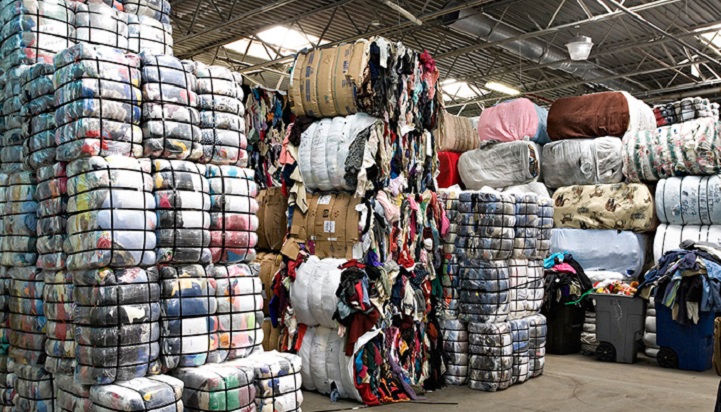Dealers in imported garments have got some reprieve, after the Minister for Finance, Planning and Economic Development, announced a waiver of some tax on the goods.
In the budget for the financial year 2021/2022 read last month, the minister introduced an import duty of US$3.5 per kilogram of cloth or 35 percent of the value of the item, whichever is higher.
The traders decried the high cost of doing business due to the tax which meant that a garment that weighed one kilogram would be more expensive by about Shs 12,000.
On Monday, in a letter to the Uganda Revenue Authority, Minister Matia Kasaija has directed that only the Import Duty Rate of 35 percent be charged on imported textiles and garments.
However, the exception to this change is made for products that can be produced in Uganda.
“Where products are manufactured locally, then the earlier rates will still apply; 35% or 3 dollars per kilogram on textiles, or US$ 3.5 per kilogram on garments, whichever is higher,” says the letter from the minister. The directive takes effect from Wednesday 18.
Earlier last month, in response to the cries by the traders, URA had indicated that they had no plans of advising the ministry to reduce the taxes since they were easy to collect and that that sector was a lucrative source of tax revenues.
The measure is an attempt by the government to balance between affordable clothing and protection of and support to the local industry.
The imported products that cannot be produced locally will therefore have the tax rate remain at 35 percent.
“What has changed is that it used to be 35 percent or US$ 3 on textiles and 35 percent or US$ 3.5 per kilo on garments, whichever is higher. So where you would put in the valuation and computation, whichever would be higher, would be the value for weights,” says Abel Kagumire, URA Commission Customs.
He adds that under the earlier arrangement, the 35% would normally not arise, meaning the taxes would be very high.
The government insists the country can produce textiles and garments for the local market, and only needs protection from cheap imports.
He appealed to the traders whose goods are in bonded warehouses or in transit to move and clear them as they will be cleared under the new directive by the minister.
-URN





